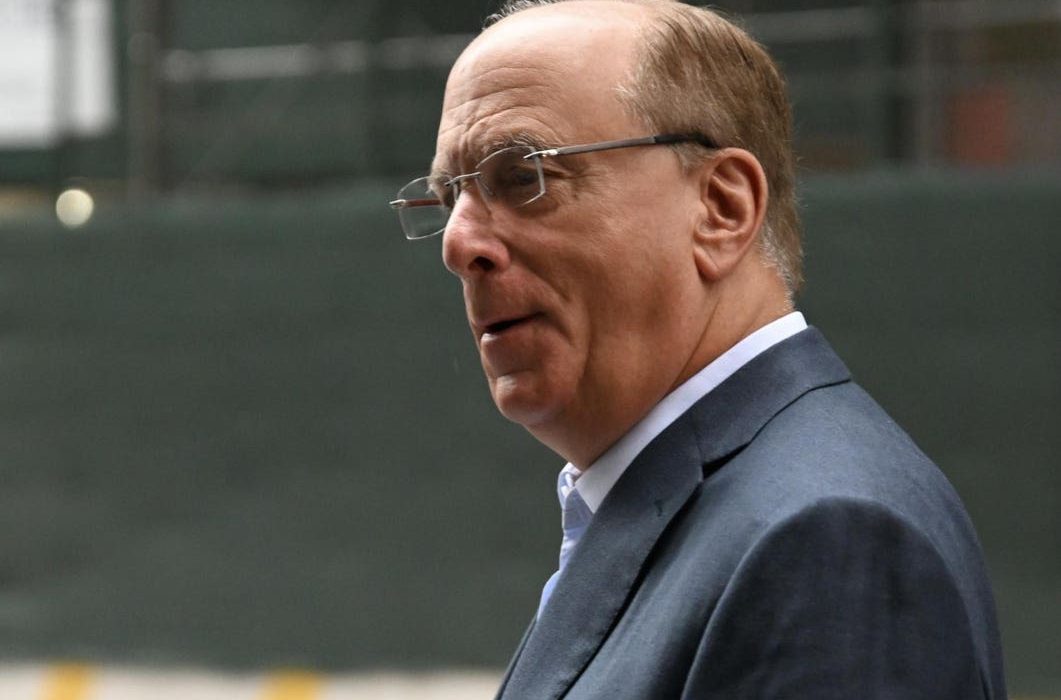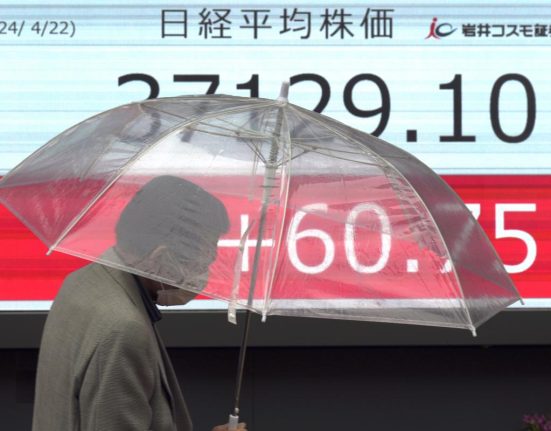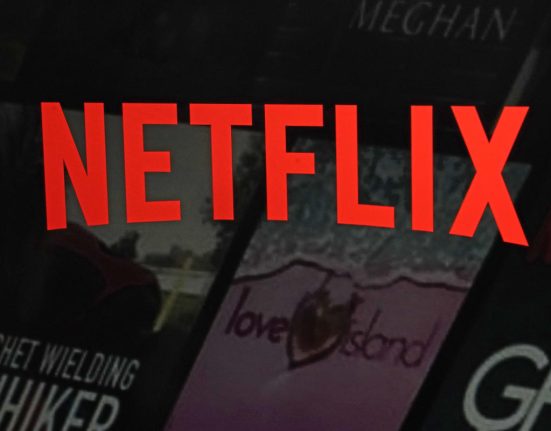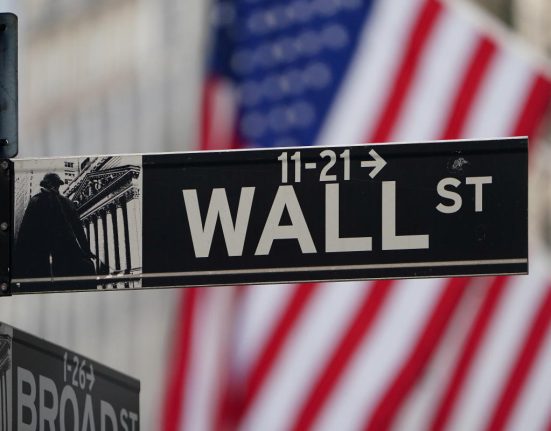BlackRock CEO Larry Fink
Anadolu Agency via Getty Images
These are rough times for “woke investing,” Wall Street’s embattled practice of doing well by doing good. For the first time since the strategy was born in the 2010s, more American investors are leaving environmentally responsible exchange-traded funds than are buying in, and this month three of America’s biggest money managers pulled out of a high-profile corporate agreement on climate. The narrative that quickly popped up to explain this reversal of fortune is that the sometimes nasty campaign against green-investment champion Larry Fink and his $10 trillion asset-management firm, BlackRock
BLK
The market.
For years, low interest rates that favored longer-term investment boosted exchange-traded funds that take into account a company’s record on environmental, social and governance issues. Assets in American ESG ETFs ballooned to $97 billion in 2021, according to FactSet data, from less than $6 billion in 2018. Growth started dipping in 2022, just as interest rates started ripping, and last year’s median 20.8% return for ESG equity funds trailed the 26.9% gain for a comparable non-ESG fund. In the last three months of 2023, investors withdrew a net $2.5 billion from ESG ETFs, according to Morningstar – not a significant hit by any stretch, but a turning of the tide nonetheless.
“Woke” critics had seized the upper hand, the explanation went, with proclamations coming from such diverse sources as the National Review (“I’m old enough to remember being told that the efforts to push back against ESG would have no effect,” wrote commentator Andrew Stuttaford), the New York Times
NYT
Now, for the first time, we have data. It’s not much, but the preliminary findings are unambiguous. “I’m not seeing evidence that political backlash is driving these changes,” says Quinn Curtis, a University of Virginia law professor whose analysis of ESG fund flows is so fresh he has yet to submit it for peer review. He shared it exclusively with Forbes. “At funds branded as ESG, I see outflows are basically what you’d predict based on recent performance. They underperformed and now they see some assets leaving.”
That hasn’t stopped the barrage. BlackRock is the worldwide leader in ESG funds, which makes the New York-based firm a target, and anti-“woke” groups such as Consumers’ Research have been hammering away. One video produced by the organization faults BlackRock for “crushing America from within.” It blames the firm for “soaring gas prices” (U.S. pump prices have fallen 7% in the last year), “harassing” oil and gas companies (BlackRock has touted itself as “perhaps the world’s largest investor in fossil-fuel companies,” owning, for example, 6.9% of ExxonMobil
XOM
CVX
COP
Hyperbole is in style, but there’s legitimate debate to be had. How far does an asset manager’s fiduciary duty go? Is it their sole task to maximize return, or is there a responsibility to consider the specter of wildfires, drought and flooding in investment decisions? How should government respond, and in what way can the opinions and goals of pension-fund participants be taken into account? If it’s true, as Fink and others have said, that climate risk is also investment risk, how should money managers proceed?
The legal responsibilities of the fiduciary are clear, says University of Pennsylvania business law professor Jill E. Fisch, even if their implementation in the real world can get tricky. “You can’t invest in things you think are right and sacrifice profit,” she says. “It’s legal to invest according to values but only if you have a mandate to do that and you disclose that you’re doing that.” A lawsuit filed in New York against the city’s pension funds could set new boundaries.
Meanwhile, Fink, whose personal fortune Forbes pegs at $1.1 billion, has been making green deals for BlackRock. The fourth quarter of 2023 was particularly fruitful for investments that could be considered “woke”: a $550 million partnership with Occidental Petroleum
OXY
But there’s a deal that hasn’t been made, and may never be, that’s the most surprising. Earlier this month, in a stunning development first reported by Bloomberg, Fink met in Houston with one of his major antagonists, Texas lieutenant governor Dan Patrick, who in 2022 called for the state to divest from BlackRock. At a press event that spotlighted the state’s need for a $10 billion investment in power grid updates, Patrick stood in front of a gathering and, into a microphone, called Fink the “king of Wall Street.” He and Fink had evidently been chatting. Could BlackRock use some of its $10 trillion to help Patrick with Texas’ energy concerns? Just the fact that they’re talking is evidence that politics isn’t everything, and peacemaking on green investing is possible. Green, after all, is also the color of money.







